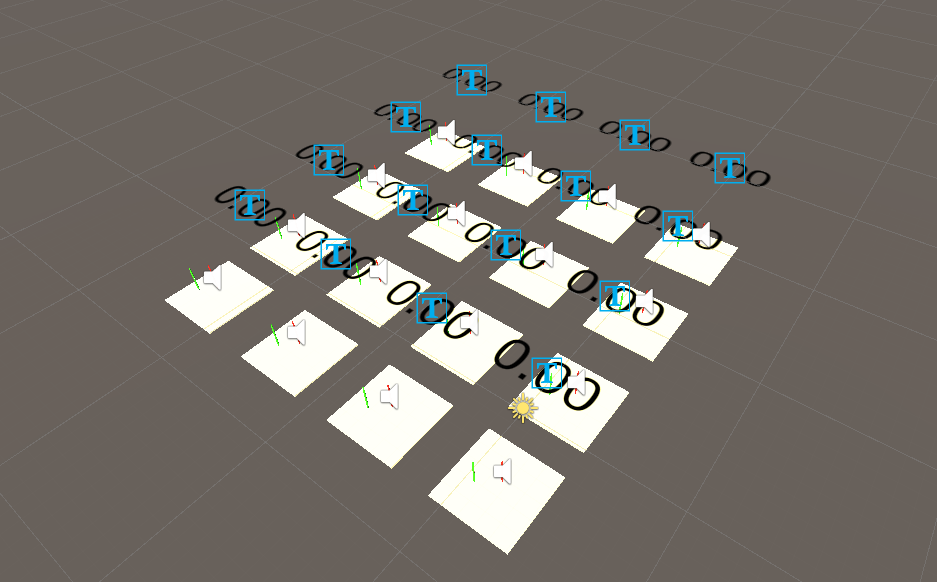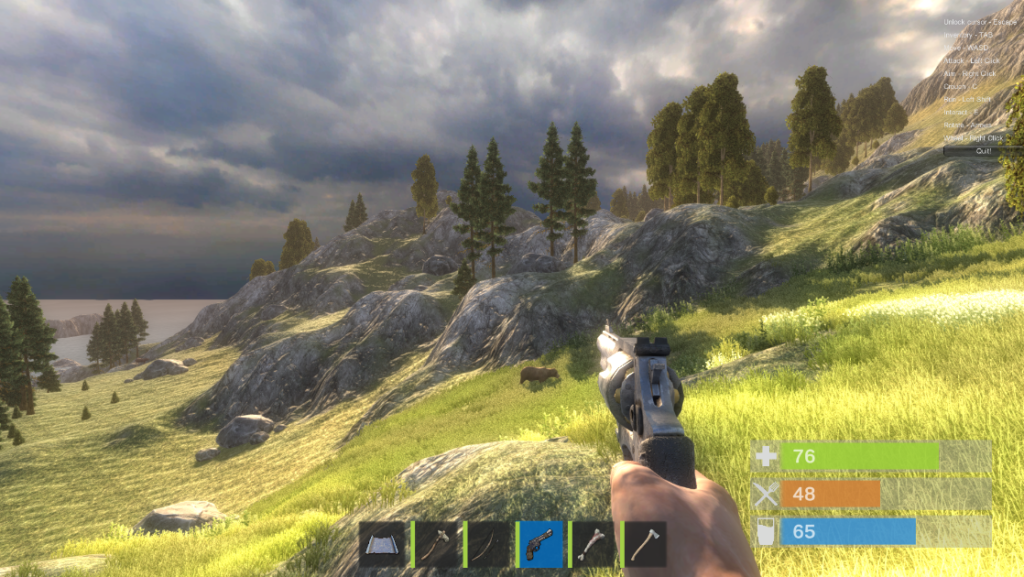Over the last few decades, the business of digital and video games has risen exponentially. Game artificial intelligence (AI)in particular is a niche that has been gathering considerable momentum within the game- development industry [or sector]. This is mainly due to its higher-fidelity graphics and more engaging game plots and narratives than those present in ‘standard electronic games. Research and development in the area is registering increased progress in a number of AI technologies.

Game AI research, which has been ongoing over the past 20 years, has also seen an increase in the investigation of how AI could be used to enhance the user gameplay, experience, rather than merely playing to win against human players. The concept in applying AI techniques is to equip non-player characters (NPC) with intelligence through the use of different techniques. NPCs are AI-controlled characters within the video game, which characters would have different typologies, such as companions and enemies.
This study investigates different AI techniques for the generation of NPCs, and how these might in turn affect the user’s experience, by evaluating user engagement and satisfaction. Game studies indicate that the use of attractive graphics, good sound-quality and music, are essential game elements in improving user satisfaction. However, this study proposes an
additional element to further ensure user satisfaction in gameplay, namely intelligence in NPCs. As a proof of concept, a survival game was developed using the cross-platform game engine, Unity 3D. Different AI techniques, such as finite-state machine (FSM), behaviour-based NPCs and reinforcement-learning (RL) agents were applied to the game’s NPCs, and these were in turn tested and evaluated from the user-experience perspective. Whereas, in the case of behaviour-based NPCs the actions were predefined, reinforcement-learning agents learned the actions depending on the in-game rewards obtained.

The satisfaction of the user was calculated by using the Game User Experience Satisfaction Scale (GUESS). This tool offers a good indication of the aspects of the game about which the user would feel more satisfied. The results obtained revealed a total average satisfaction of 5.8/7 on the GUESS scale. The survey results also indicated that users preferred the behaviour-based approach in favour of reinforcement learning. One possible explanation is that this particular group of users preferred to predict and anticipate the actions and reactions of the behaviour-based companion NPC, since all of its actions were predefined. It is to be noted that these preferences are subjective, depending on the type of audience playing the game.
Student: David Vella
Course: B.Sc. IT (Hons.) Artificial Intelligence
Supervisor: Dr. Vanessa Camilleri
Co-supervisor: Prof. Vince Briffa
